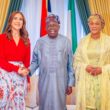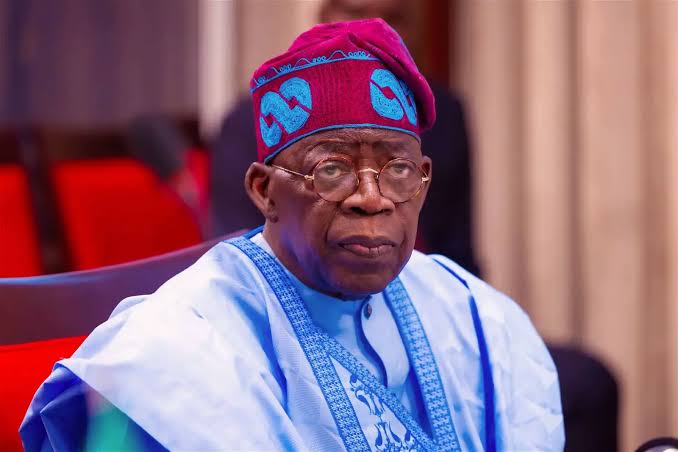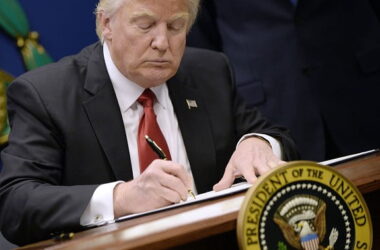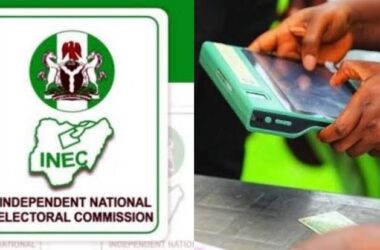The Nigerian government, under President Bola Ahmed Tinubu, is taking steps to address rising electricity costs that have caused frustration among citizens and businesses alike. The Minister of Power, Adebayo Adelabu, recently indicated that there might be a decrease in electricity prices in the coming months. This announcement is part of ongoing efforts to enhance power generation and distribution throughout the nation.
During a meeting on Thursday with Mr. Tosin Adeyanju, the Executive Secretary of the National Lottery Trust Fund, Adelabu emphasized the government’s commitment to making electricity more accessible to Nigerians. He noted that even with rising tariffs, electricity is still a more cost-effective choice compared to running generators powered by petrol or diesel, especially considering the current fuel prices.
Adelabu pointed out that while many Nigerians are feeling the pinch of higher electricity costs, it is important to understand that, in comparison to other African countries like Togo, Mali, and Niger Republic, the rates in Nigeria are still among the lowest. However, he also acknowledged that the average income in Nigeria makes these electricity costs appear high for many households. This is a significant issue, as people struggle to balance their budgets with the increased costs of living.
In recent months, there has been growing dissatisfaction among Nigerians regarding electricity tariffs. For instance, customers classified under Band A, who are promised a minimum of 20 hours of electricity supply each day, are now paying N209.5 per kilowatt-hour. This price hike has led to widespread complaints from both everyday citizens and manufacturers, who rely on stable power supply for their operations.
Despite these challenges, Minister Adelabu remains optimistic about the future. He stated, “Nigerians can be assured of a reduction in the cost of electricity, with the current effort to step up generation and distribution of power in the country. The price of electricity is still the cheapest in Nigeria, compared to even other African nations, but the low level of income makes the cost look high to consumers.”










